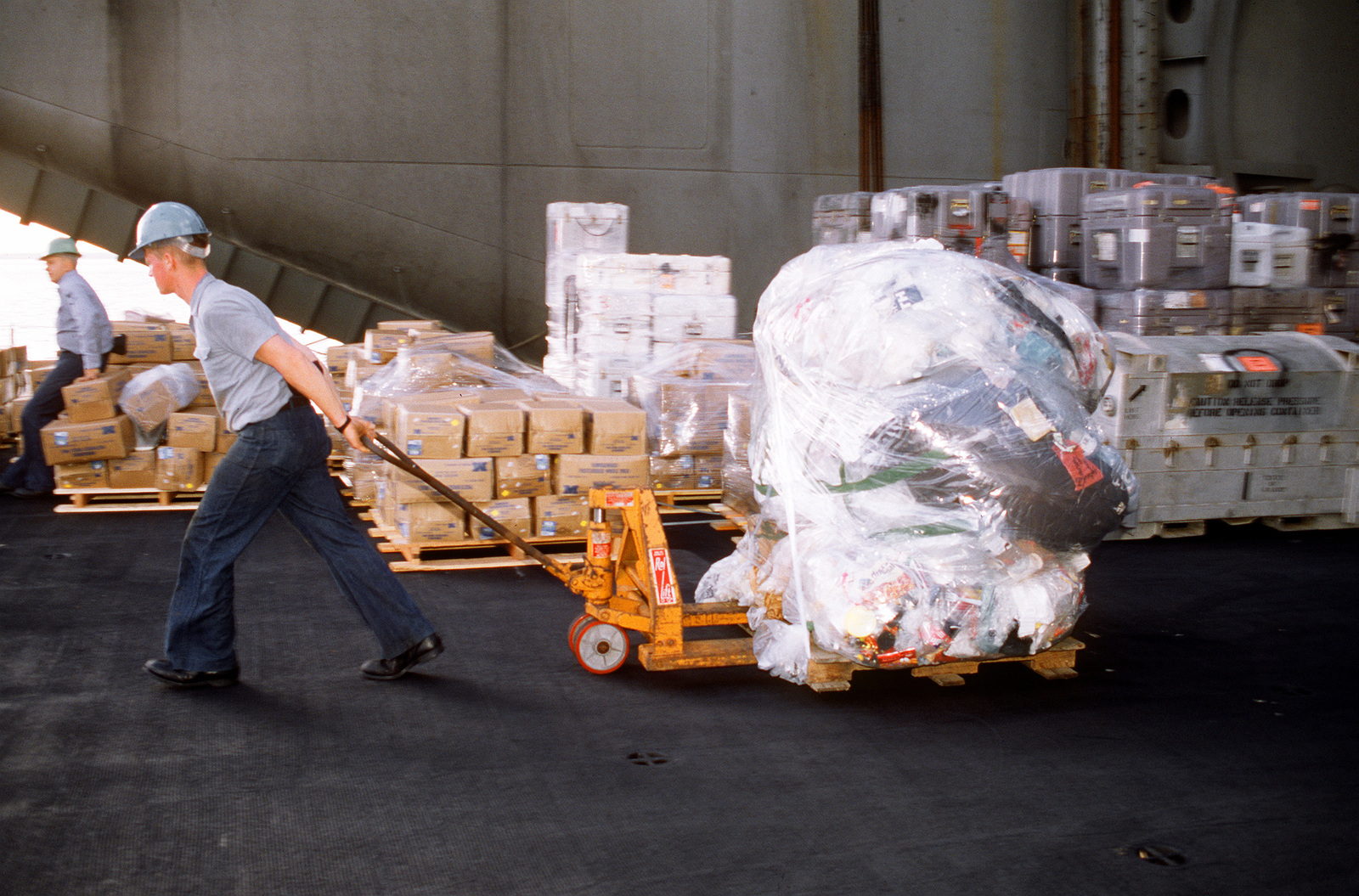Keter, the world’s largest maker of resin consumer goods, is expanding its sustainability efforts by incorporating UBQ Materials’ innovative bio-based thermoplastic into a broader range of outdoor storage and furniture offerings. The Israel-based manufacturer will launch a line of eco-products under the “Made With UBQ” branding that contains 5-10 percent UBQ, a substitute made entirely from landfill-bound waste.
By displacing up to 10 percent of the petroleum-based plastics used in its goods with UBQ, Keter aims to generate measurable reductions in Scope 3 carbon emissions tied to its supply chain and materials sourcing. This will build on the company’s existing recycled plastic content and reinforce its position as a leader in driving sustainability transformations in its industry.
Keter’s chief sustainability officer, Iftach Sachar, stated, “We are committed to going beyond our recycled content goals. UBQ provides a much bigger impact.” He added that showcasing UBQ-infused products with measurable environmental benefits allows Keter to “deliver tangible products that achieve a measurable impact” aligned with its emissions-lowering objectives.
The impending launch of UBQ’s first European plant in the Netherlands, which will convert 80,000 tons of regional waste annually into sustainable thermoplastic, will enable Keter to source UBQ locally and integrate it into European manufacturing lines. This will complete a circular economy loop where waste otherwise destined for landfills or incinerators in the communities surrounding Keter’s facilities gets converted by UBQ into recycled content for production.
UBQ chairman Albert Douer said this model could enable the “removal and avoidance of carbon emissions” by giving waste new life in sustainable materials. After collaborating for several years, Douer said Keter serves as a “pioneer in combining virgin and recycled plastics within material innovation” by incorporating UBQ into its offerings on a broader scale.
The partners say this direction builds on Keter’s 2022 sustainability report, which tracked progress towards waste reduction, recycled materials usage, and other ecological impact goals thanks partly to existing UBQ adoption. Expanding UBQ integration across outdoor storage items like sheds, deck boxes, and furniture will help Keter reach and exceed these published sustainability targets over time.
Keter and UBQ recently shared details about their joint efforts to develop eco-conscious resin products during a COP28 panel hosted by the UNFCCC Global Innovation Hub Pavilion. Their discussion highlighted how startup and corporate partnerships can drive tangible progress on net-zero emissions and other urgent climate priorities.
With UBQ establishing local infrastructure to convert European waste streams into sustainable materials, Keter plans to significantly scale the presence of UBQ within its manufacturing footprint in the region. This will lead to greener product designs that visibly displace fossil fuel-based content and allow consumers to participate in real circular economy progress through their purchases.












